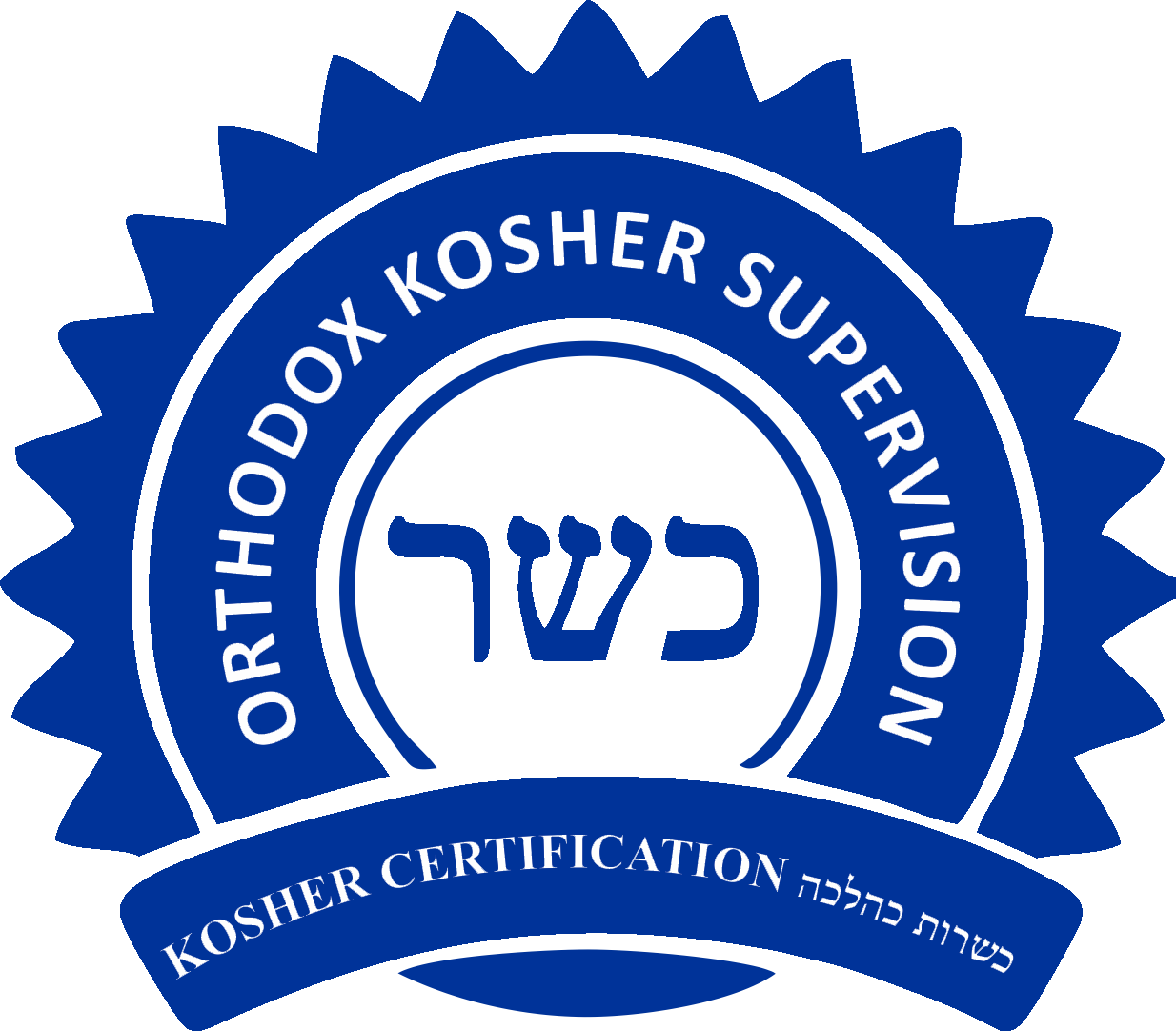
kosher diet meaning
Introduction
The kosher diet isn’t just about food—it’s a way of life that reflects a rich cultural and religious heritage. Whether you’re exploring dietary options for health reasons or curious about different culinary traditions, understanding the kosher diet meaning and rules can offer you valuable insights. This guide will delve into what makes a diet kosher, the rules that govern it, and why it holds such significance.
What is the Kosher Diet?
Definition of Kosher
The kosher diet is rooted in Jewish law and tradition. The term “kosher” comes from the Hebrew word “kashér,” which means “fit” or “proper.” This diet follows a set of dietary laws called “kashrut” derived from the Torah, the central reference of the religious Judaic tradition.
Historical Background
The principles of kashrut have been observed by Jewish communities for thousands of years. These dietary laws are designed to guide food choices and preparation methods, ensuring that they align with religious and ethical standards.
Kosher Diet Rules
General Principles
To adhere to kosher diet rules, several principles need to be followed:
- Permissible Foods:
Foods that are kosher include specific types of meat from animals that chew cud and have split hooves, certain fish with fins and scales, and dairy products from kosher animals.
- Forbidden Foods:
Pork and shellfish are among the main foods prohibited in a kosher diet. Additionally, the mixing of meat and dairy is not allowed, reflecting a broader principle of separation.
Permissible Foods
Kosher laws permit certain types of food while prohibiting others. For example, only animals that chew their cud and have split hooves, like cows and sheep, are considered kosher. Fish must have fins and scales to be kosher.
Forbidden Foods
Certain foods are strictly forbidden in a kosher diet. These include pork, shellfish, and any animal that does not meet the kosher criteria. The prohibition also extends to the mixing of meat and dairy products.
Categories of Kosher Foods
Meat and Dairy Separation
One of the fundamental rules in kosher dietary practice is the separation of meat and dairy products. This rule extends to utensils, dishes, and even cooking surfaces used for meat and dairy to avoid cross-contamination.
Kosher Animals
Only animals that have split hooves and chew cud are considered kosher. Examples include cows and sheep. Animals like pigs are not kosher.
Processed Foods
Processed foods must be certified kosher, which means they adhere to all the dietary laws of kashrut. This certification involves inspections and adherence to specific preparation methods.
Kosher Food Preparation
Utensils and Kitchenware
To maintain kosher standards, separate sets of utensils and cookware are used for meat and dairy. This separation helps avoid cross-contamination.
Slaughtering Practices
Kosher meat must come from animals that have been slaughtered in a specific manner, known as “shechita,” ensuring the animal’s suffering is minimized and the meat is properly drained of blood.
Certification and Labels
Foods that meet kosher standards are often marked with a certification symbol, such as a “U” with an “O” or a “K.” These labels help consumers identify which products adhere to kosher laws.
Common Misconceptions about Kosher Diet
Misunderstanding Kosher for Health Diet
While some may perceive kosher food as healthier, the primary focus of kosher laws is religious adherence rather than health benefits.
Kosher vs. Halal
Although both kosher and halal diets have specific dietary laws, they are distinct. Kosher dietary laws are based on Jewish tradition, while halal practices are rooted in Islamic principles.
Benefits of Following a Kosher Diet
Spiritual and Ethical Aspects
Following a kosher diet is often seen as an expression of faith and adherence to religious commandments. It promotes ethical treatment of animals and mindfulness in food consumption.
Community and Tradition
Kosher dietary laws help maintain a sense of community and cultural identity among Jewish people, fostering a connection to traditions and shared practices.
Challenges in Adhering to Kosher Diet
Accessibility Issues
Finding kosher food can be challenging, especially in areas with limited availability or fewer kosher-certified products.
Understanding Certification Labels
Deciphering kosher labels can be confusing. Education and awareness about these certifications can help in making informed choices.
Kosher Diet in Modern Times
Global Adoption
The kosher diet has gained recognition beyond Jewish communities, with many restaurants and food brands offering kosher options.
Innovations and Trends
Modern advancements and trends have introduced innovative kosher products and practices, making it easier for people to follow kosher dietary laws in diverse settings.
Conclusion
Understanding the kosher diet involves more than just knowing what foods are permissible; it encompasses a range of practices and principles that reflect deep religious and cultural values. By exploring the kosher diet meaning and its rules, you gain insight into a tradition that continues to shape the lives and communities of many people around the world.
FAQs
What makes food kosher?
Food is considered kosher when it complies with the dietary laws of kashrut, including the types of food and how they are prepared.
Can kosher food be eaten by anyone?
Yes, kosher food can be eaten by anyone. However, following a kosher diet is often a personal or religious choice.
How is kosher food prepared differently?
Kosher food preparation involves specific methods, such as the separation of meat and dairy, and using certified utensils and kitchenware.
Are there any health benefits to a kosher diet?
While kosher diets emphasize religious and ethical aspects, some individuals may find that the dietary restrictions contribute to a more mindful and intentional approach to eating.
Where can I find kosher food products?
Kosher food products are available in specialty stores, supermarkets with kosher sections, and through various online retailers.
